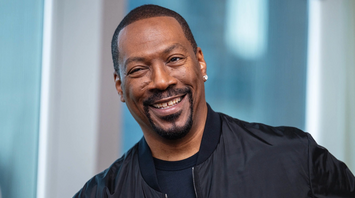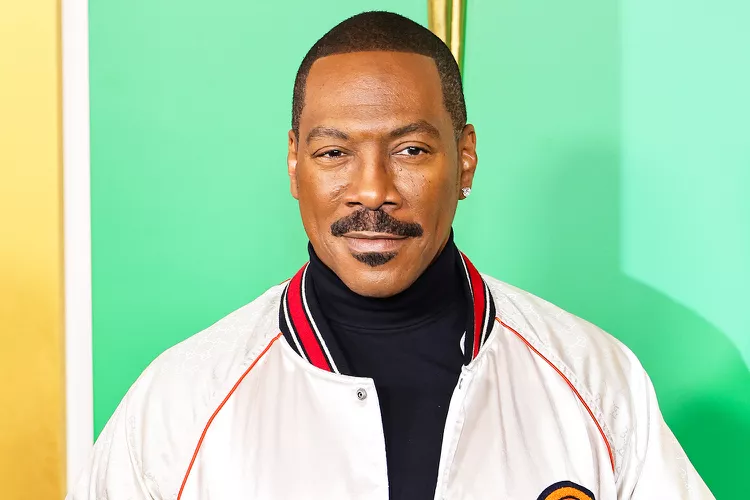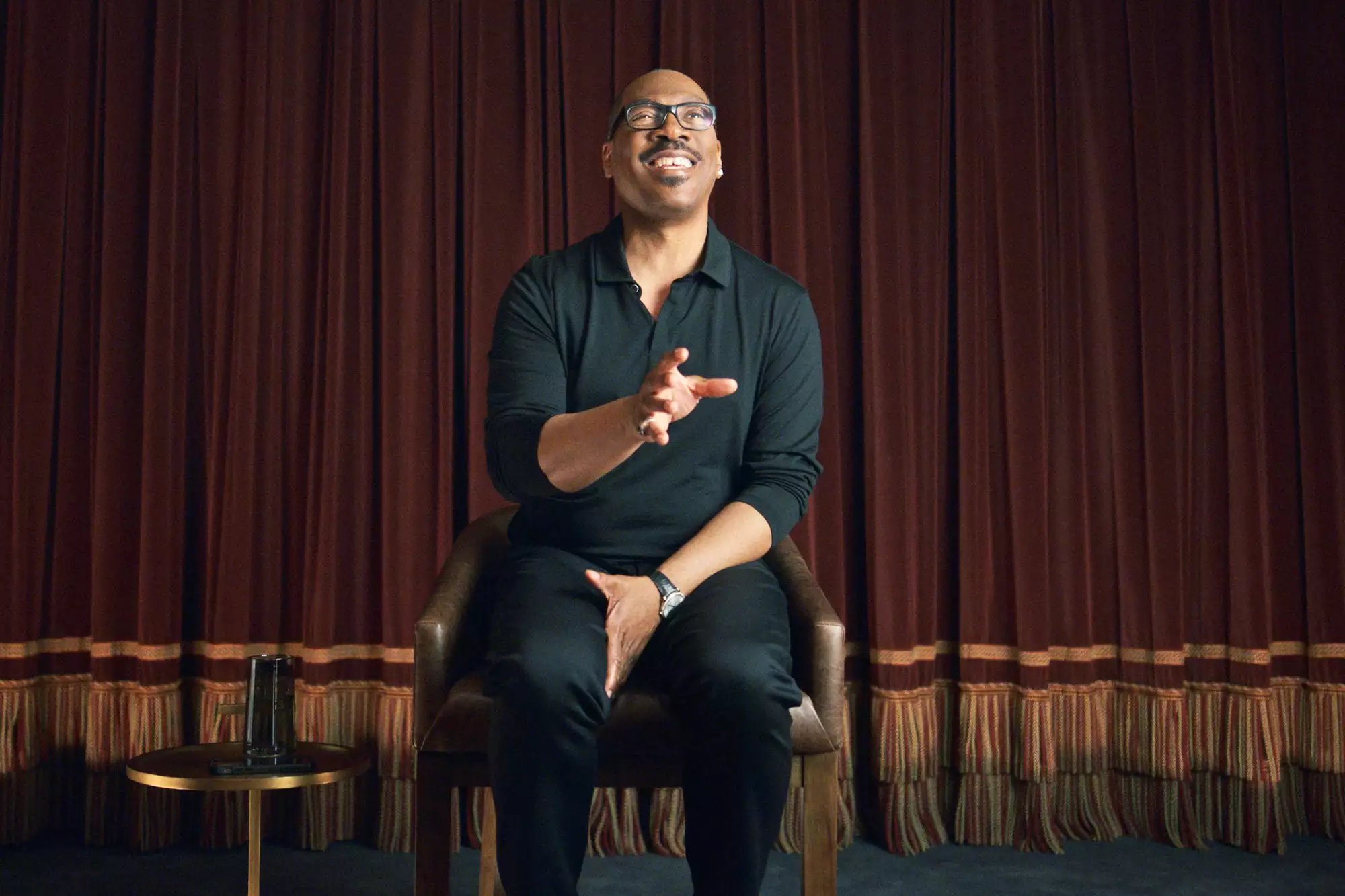Eddie Murphy on His Unique Career Path and Hollywood's Expectations

Eddie Murphy reveals an unexpected fact: he has only auditioned once in his entire career. This revelation comes in the new Apple TV+ documentary, 'Number One on the Call Sheet'. Murphy discusses his distinctive Hollywood journey in the film, which highlights the challenges and triumphs he has faced.

Murphy first gained attention at the young age of 19 when he became just the second Black cast member on 'Saturday Night Live', following Garrett Morris. By 1982, his career soared as he launched one of the most successful film careers in Hollywood history. This includes memorable movies like '48 Hours', 'Trading Places', 'Beverly Hills Cop', and 'Coming to America'. In 'Number One on the Call Sheet', Episode 1, "Black Leading Men in Hollywood," directed by Reginald Hudlin, Murphy reflects on his improbable rise alongside others, including Denzel Washington and Jamie Foxx.
During the documentary, Murphy, now 63, confidently states he always expected success. "Early on, I just knew I was going to be fa — I started when I'm around 16, I’m going, ‘I'm gonna be famous,'" he explains. A vintage clip highlights his youthful ambition, showing him boldly declaring he wanted to be famous by age 21. "I’m 19 now. I give myself two years." His breakout role came soon after, and he impressively secured it without an audition, owing to his prior success on SNL.

"I didn’t go through the stuff that many actors did; I had one audition my whole life," Murphy says, chuckling. "It was for Saturday Night Live." This unique journey has led to consecutive successes in the following decade, alongside treasured advice from Hollywood icons. Notably, Sidney Poitier advised against playing Alex Haley in a planned adaptation of 'The Autobiography of Malcolm X'.
Larry Holmes urged him to remember his roots, while James Brown offered counsel on financial matters, suggesting he bury his earnings to avoid government seizure. "I said, 'Why bury my money in the woods?'" Murphy recalls. Their experienced perspectives provided limited guidance because his journey was so novel. "I was in uncharted waters," he states. For many of the prominent figures he looked up to, his rise was unprecedented, making their advice challenging for them to navigate.



















